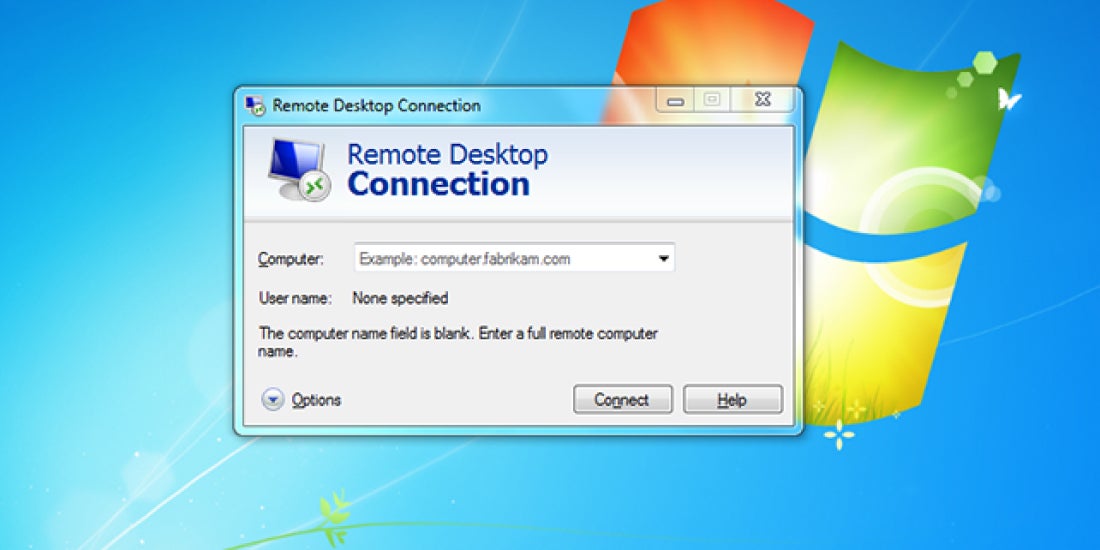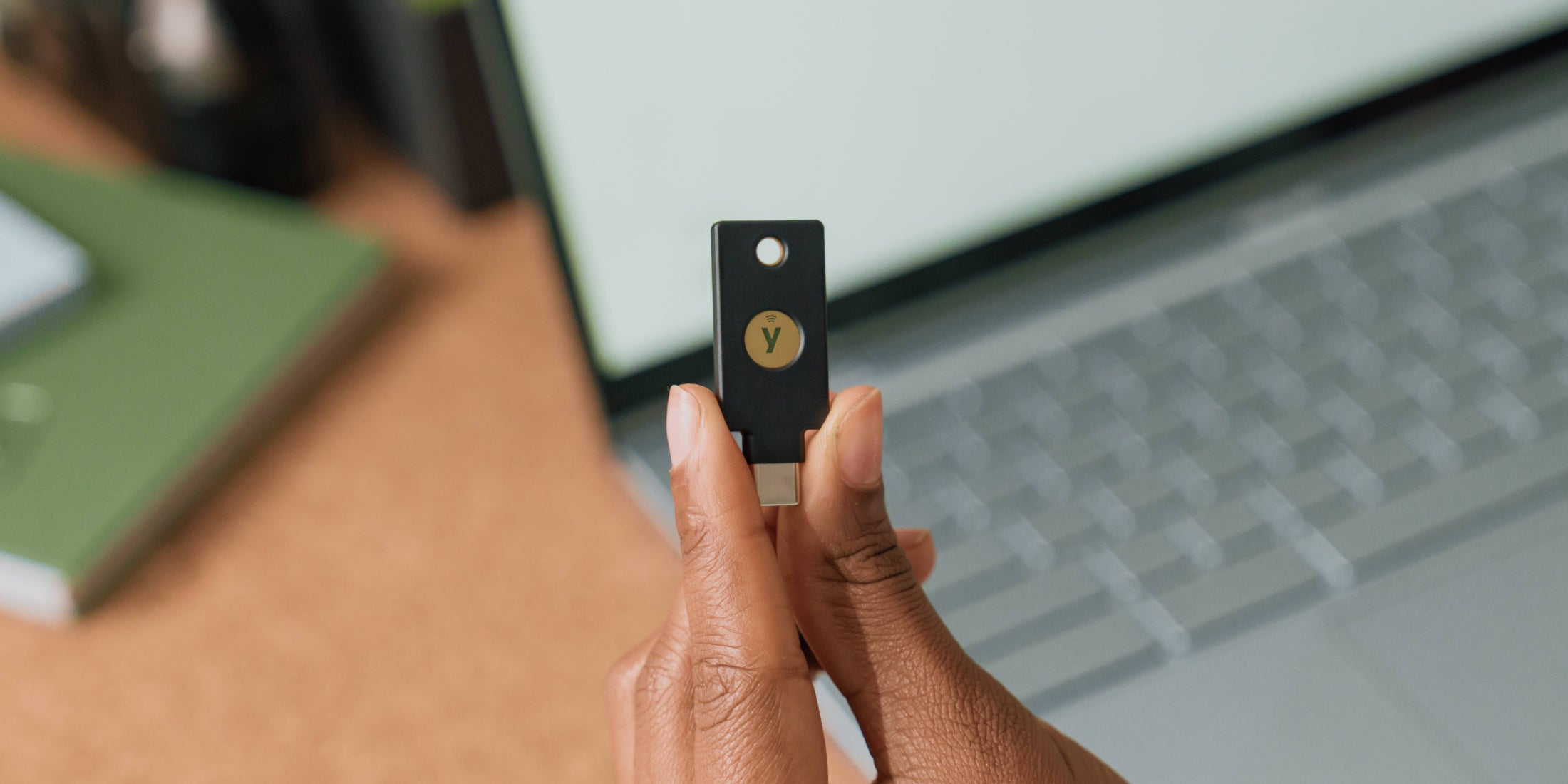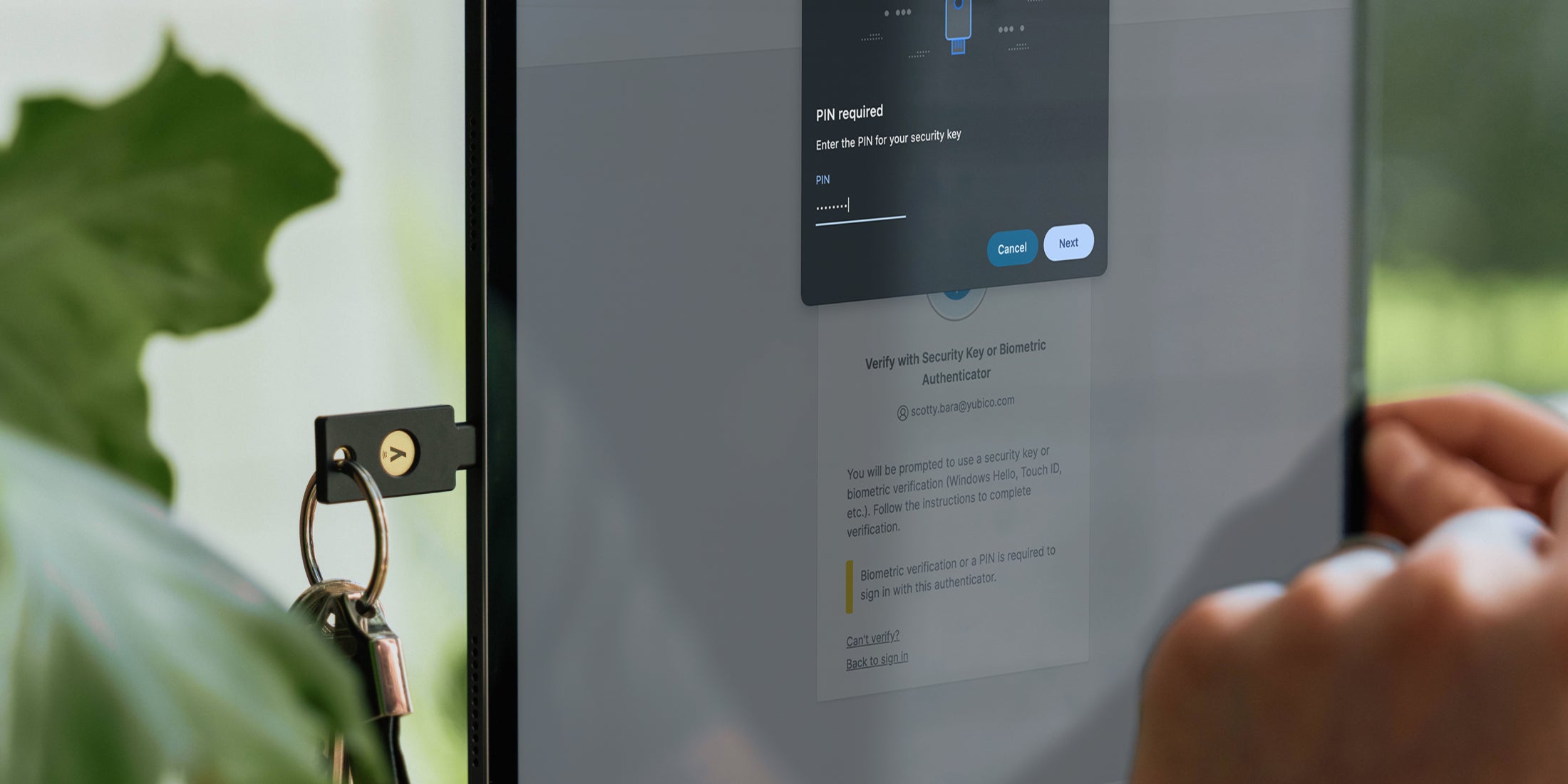The humble smart card dates back to the 1970s, but the mature technology is not without innovation in a world of new-fangled authentication.
Personal Identity Verification (PIV) smart cards, best known as staples in government agencies, incorporate standards developed by the National Institute of Standards and Technology (NIST).
Yubico’s recent webinar, “YubiKey Smart Code Mode for Computer Login,” walks viewers through PIV support on operating systems from Microsoft, Apple, and various Linux distributions. A recording of the webinar is embedded at the bottom of this blog. Yubico’s PIV implementation also supports PKCS#11 and open source tools such as OpenSC.
The YubiKey 4, YubiKey 4 Nano, and YubiKey NEO all incorporate the NIST standards and put ease-of-use innovation into the technology by eliminating the need for a card reader, middleware, extra software, and additional drivers on Microsoft and Apple operating systems. Login and code signing operations are just some of the functions that require only a touch of the YubiKey to activate.
The webinar includes demos using YubiKeys as a smart card to log in on macOS Sierra, Windows domains, remote desktops, and the new Windows Hello authentication platform.
Presenter David Maples, a Yubico Senior Solutions Engineer, details all the platform configurations needed to support the YubiKey and PIV.
He also highlights the YubiKey’s versatility with features and integrations that support additional protocols, such as FIDO’s U2F, using the same YubiKey that provides PIV smart card features.
The webinar opens with a brief introduction to Yubico and the Yubikey.
Webinar: YubiKey Smart Card Mode for Computer Login from Yubico on Vimeo.





